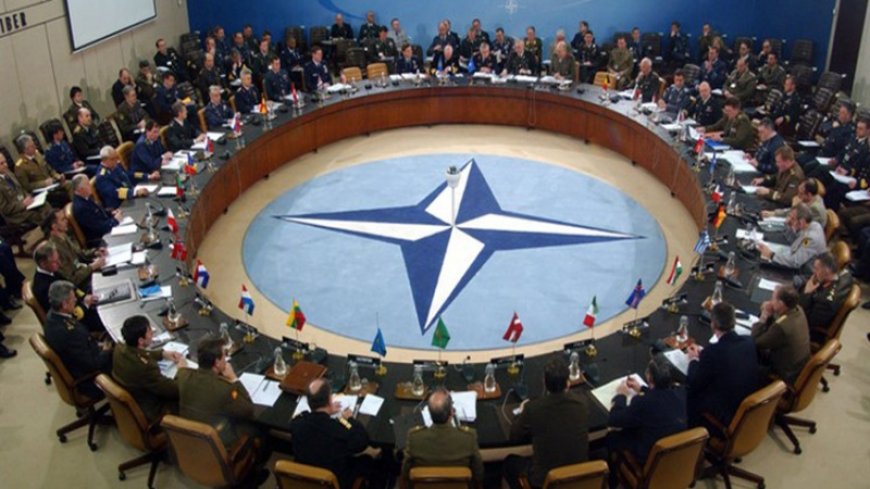NATO-Finland's accession: new element in the anti-Russian campaign

Helsinki's official accession to the Atlantic Pact ironically took place just two days after the electoral defeat of the centre-left government coalition that has managed the definitive liquidation of Finland's neutral status over the past eleven months.In any case, practically all of the Finnish political class is aligned with the principles of pro-Atlanticism, so that the next change of government in Helsinki will not record any change of course regarding the Russian-Ukrainian crisis. The substantial consensus of politics and the majority of the population for NATO membership does not, however, erase the risks that this decision entails for Finland, whose security will indisputably become more precarious starting this week, as the inevitable and wholly legitimate reactions of the Moscow government.
Behind the rhetoric that accompanied Tuesday's official ceremony, it is easy to speculate that at least in some circles of the Finnish ruling class there is more than a concern for the country's transformation into a NATO outpost with the longest border shared with Russia.For example, between the lines of the speech by the president, Sauli Niinistö, one can glimpse a certain unease at having compromised the security of Finland. The latter's message seemed to be directed not so much at Secretary Stoltenberg or the White House as at Russian President Putin. In other words, Niinistö made it clear that Helsinki's entry into NATO "is not against anyone".
The statement is objectively and obviously absurd, but highly indicative of the state of mind of a political class that hastily bowed to Washington's dictates after the start of Russian operations in Ukraine in February last year. The reassurance of the Finnish president was then followed by an illusory clarification. According to him, membership "does not change the foundations and objectives of our foreign and security policy", given that Finland will remain "a stable and predictable Scandinavian country that fights for the peaceful resolution of conflicts". even if not immediately evident, there will be and will perhaps be decisive for the architecture of European security. To begin with, Helsinki and Brussels must have missed the fact that the Ukrainian crisis had exploded basically due to the threat of a country bordering on Russia entering NATO and, as a remedy, it was decided precisely to expand the number of its states, including precisely another country bordering on Russia. The solution cannot therefore help to reduce tensions, but to multiply them.













































